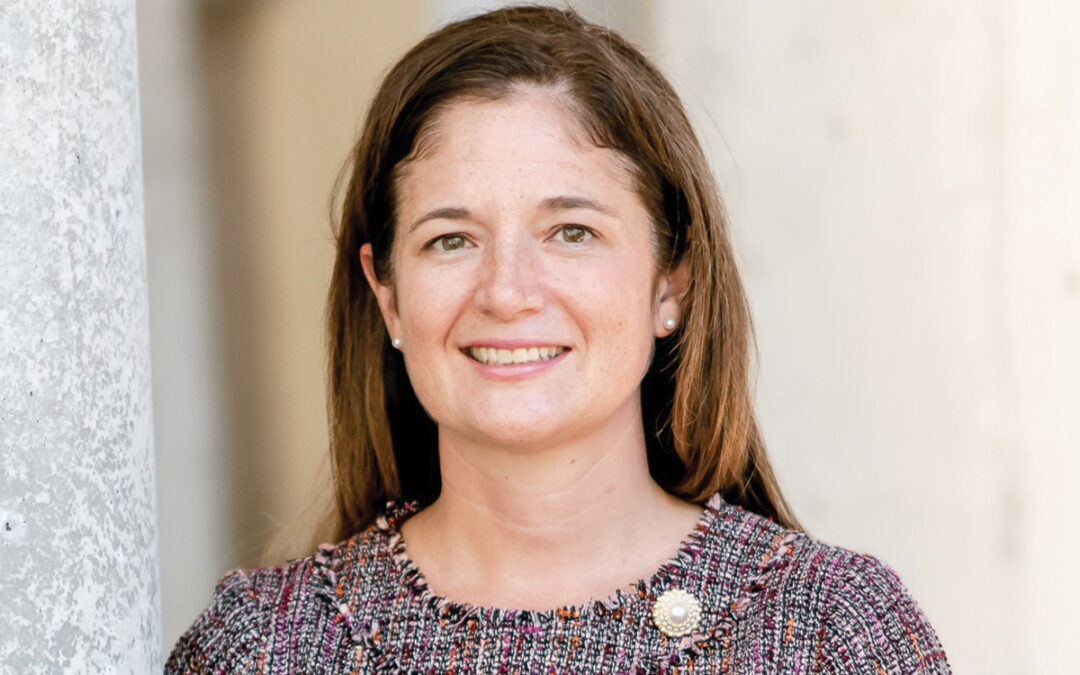It’s early in 2011! That means it’s time for dropping the pounds we put on during the holidays.
But instead of diet and exercise plans, here’s a look at the lifestyles and customs of people in other countries where the majority of people are slimmer and more fit than most Americans. Reader’s Digest conducted a global diet poll that covers attitudes about weight. They found that people everywhere are concerned with their weight and how to lose pounds. Here in the United States and in India half of the men and women want their spouses to lose weight. On the other hand, 70 percent of American women think our culture is overly focused on weight. Another finding was that almost every culture has customs that help them keep lean and healthy. Brazilians feel much pressure to be thin. The Chinese consume the most diet pills, followed by Brazilians, Russians and Mexicans. Russians also lead in trying to suppress their appetites with cigarettes.
In the U.K., there’s no option for supersizing your food order. They prefer smaller portions, which also keeps weight down. Lack of willpower awards go to the people of the Philippines and the Americans. Who blames their fat problems on their parents? People in Russia, Guam and India and a great many Americans think genes are the culprit. The French blame America! They say our portions and fast foods have changed their ways of eating. Well, so do most Americans. Almost all Mexicans and a large percentage of Americans say they’re trying to eat healthier and to be more active. In Thailand the routine use of hot peppers and spices raises metabolism and slows down eating. Eating slower allows your brain to signal that you’ve had enough.
Brazilians eat rice and beans at almost every meal. These are both low in fat and high in fiber. They stabilize blood sugar levels and lower the tendency to gain weight. Polish people eat at home most of the time, saving both money and pounds while eating healthier foods. Germans eat a big breakfast of fruit, whole grain cereals and bread every day. The Swiss control their food intake by eating Muesli, a cereal of oats, fruit and nuts for breakfast and sometimes a light evening meal. The fiber makes digestion slower, thereby making you feel full longer. In Russia, the Czech Republic and other countries, it’s customary to build country homes, usually with gardens where vegetables and fruits for a nutritious diet are grown. Hungarians eat pickled stuff: cucumbers, bell peppers, tomatoes, cabbage and more. Vinegar’s acetic acid helps lower blood pressure, blood sugar and fat production.
Turmeric, a spice used in curries and such, grows wild in Malaysia. Turmeric contains curcumin, a substance with potential powers to suppress the growth of fat tissue and to increase fat burning. Mexicans have their biggest meal at “lunchtime” — around 2 to 4 pm. Therefore, they eat less at night, which results in their being hungrier and eating more at breakfast. This schedule helps control weight, since most of the calories consumed are burned off before going to bed.
Green tea is touted as a good thing, and now rooibos tea from South Africa is naturally sweet. It’s supposed to be available at Starbucks so you can skip the Frappuccinos.
Other tips for weight control
Sleep deprivation can also lead to weight gain. The Japanese remedy this problem by napping for 20 to 30 minutes each day. Researchers found that sometimes people eat when they are actually sleepy rather than hungry. A tip from the French: Enjoy leisurely family meals with lots of conversation. This slows down eating, encouraging you to eat less. On Sundays, Norwegian families take a hike in the summertime or ski cross-country in the winter. The Finns grab a pair of lightweight walking poles. These give you balance, work your shoulder, arm and torso muscles and burn 20 percent more calories. Over half of the Dutch use their bikes daily to go to and from work, for shopping, etc., burning around 550 calories an hour. They average about 541 miles per year. In the Netherlands, eating a lot of pickled herring is popular. It has few calories and contains lots of Omega-3, which has been proven to relieve stress and fat around the midsection.
India’s practitioners know yoga does more than decrease stress and make you more flexible. It’s also helpful for weight loss. You can build muscle. You can increase your metabolism. And you might become more attentive to what and how much you eat.
What about diets and detox?
Popular in the weight loss arena these days are the French Diet and the Mediterranean Diet. The French Diet is based upon the book French Women Don’t Get Fat: the Secret of Eating for Pleasure. Some call it the French “non-diet” because it’s more of a lifestyle than a diet. You should eat only good food of very high quality in small portions on the plan, savoring every bite. You should eat slowly, using all of your senses, and make the dining experience pleasurable. Control is the key. No food is off limits. No counting calories, carbs or fat grams. No skipping meals. No large servings. This diet, like so many, also urges you to eat three good meals a day, lots of fruits and vegetables, drink lots of water, maybe a little wine, have a treat once in a while and walk everywhere.
The Mediterranean Diet is based on healthy foods eaten by the people in the countries around the Mediterranean Sea. It’s an eating style that reduces risks of heart disease, cancer, Parkinson’s and Alzheimer’s diseases. The regimen consists of eating fruits, veggies, whole grains, legumes and nuts. They use olive oil instead of butter, herbs and spices instead of salt. They limit red meat, eat lots of fish and drink red wine in moderation. Some pasta and rice can be eaten periodically. Dairy is limited to skim milk, fat-free yogurt and low-fat cheese. Exercise should also be included. Detoxing is not just for treatment of drug and alcohol abuse. It is also used in many countries and some religions to purge the body of environmental and dietary toxins. Toxins are anything potentially harmful to body tissue and functions. Of course, our bodies have a natural, ongoing process of neutralizing and eliminating toxins. Involved in targeting toxins are the liver, kidneys, spleen and the lymphatic system. We also eliminate toxins when we exhale, cry, sweat and go to the restroom.
Fasting is sometimes practiced for a day or two to jumpstart the detoxing process. The detoxing diet can be used short term or as a permanent way to eat. It includes organic fruits and vegetables, washed very well. Fiber is necessary, and red meat is limited. You need to exercise and sweat, get enough rest, keep your skin clean, try yoga for deep breathing benefits and resolve any long-term emotional problems that cause tension, stress and worry. We are responsible for some of the stronger toxins and poisons in our system because of our lifestyle choices: poor diet, not drinking enough water, lack of exercise, insufficient sleep, stress, anxiety, depression and damaging relationships. To prevent toxin build-up, do not smoke or use toxic cleaners and beauty products. Do not eat processed foods, sugar or trans fats. Avoid taking unnecessary drugs or exposure to noxious chemicals and poisons. Because of the many dietary and environmental toxic attacks we’re subjected to these days, someone wrote, “Many now think that we are the guinea pigs in the largest uncontrolled science experiment in history.”









0 Comments